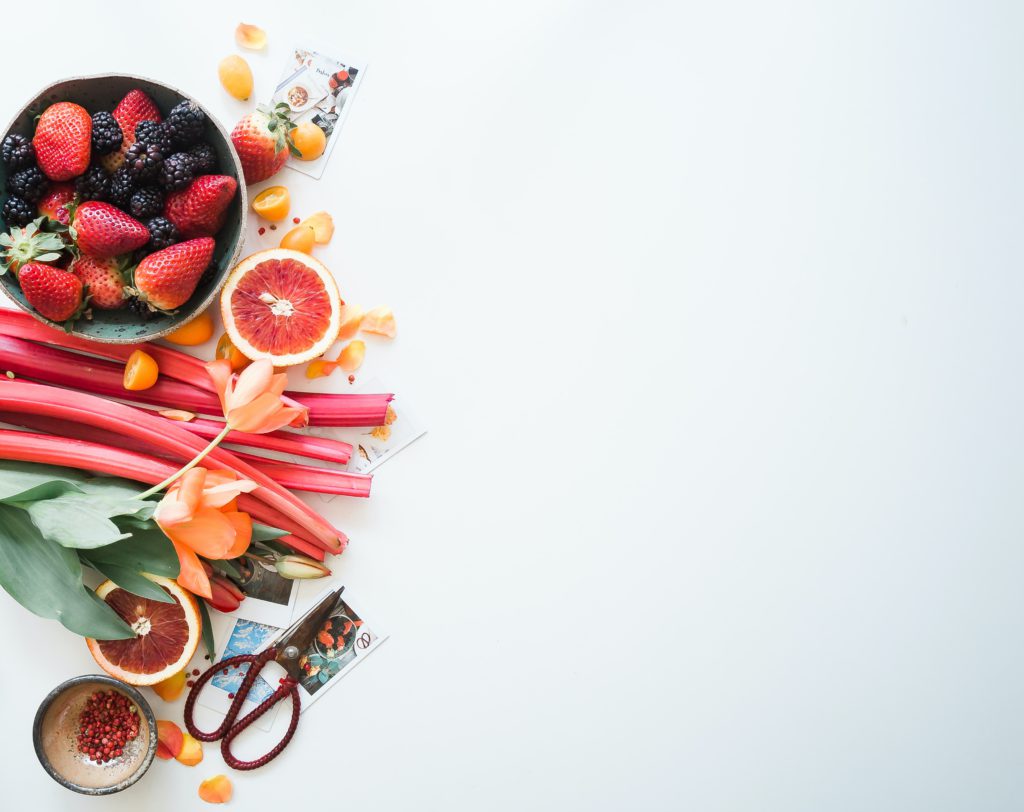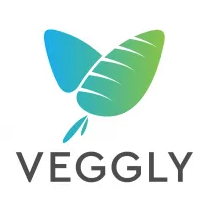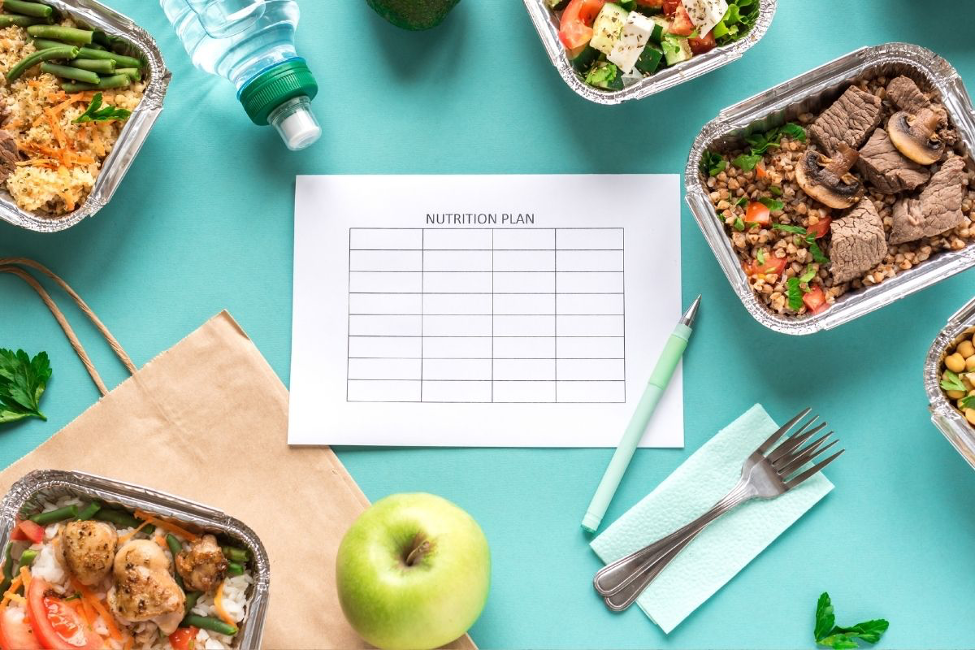If you’re a first-time vegan, transitioning to a plant-based lifestyle can be an exciting and healthy choice. However, it is essential to be conscious of how important complete nutrition is. Nutrients like vitamin B12, iron, and calcium are vital for good health.
Luckily, there are practical strategies and immune support extracts that can help vegans ensure they maintain a nutrient-dense diet. In this article, we’ll explore the essential nutrients that are vegan lacking, how to incorporate them into your meal plan, common nutritional mistakes to avoid, and the benefits of seeking guidance from a registered dietitian.
Why First-Time Vegans Need to Be Mindful of Nutritional Deficiencies
Switching to a vegan diet can be a healthy choice, but it’s important to note that vegans may be at risk of nutritional deficiencies if they don’t consume a well-planned diet.
Therefore, first-time vegans must be mindful of their nutrient intake to avoid deficiencies that can negatively impact their health.
Understanding the Key Nutrients Vegans May Be Lacking
When transitioning to a vegan diet, it’s essential to understand the key nutrients that may be lacking. Some nutrients critical to focus on as a vegan include protein, iron, calcium, vitamin D, B12, and omega-3 fatty acids.
• Protein: Protein is essential for building and repairing tissues, supporting the immune system, and maintaining healthy hair, skin, and nails.
While animal products are the primary source of protein, vegans can obtain adequate protein by consuming legumes, whole grains, soy products, and nuts.
• Iron: Iron is necessary to form red blood cells and transport oxygen throughout the body. Plant-based sources of iron include beans, lentils, tofu, quinoa, fortified cereals, and dark leafy greens.
• Calcium: Calcium is fundamental for building and keeping up areas of strength for teeth. Good sources of calcium for vegans include fortified plant milk, tofu, kale, broccoli, and almonds.
• Vitamin D: Vitamin D assists the body with engrossing calcium and keeping up with solid bones. While getting enough vitamin D from a vegan diet is challenging, some plant-based sources include fortified plant milk and mushrooms exposed to UV light.
• Vitamin B12: Vitamin B12 is crucial for producing red blood cells, nerve function, and DNA synthesis. Vegans must supplement with vitamin B12 or consume fortified foods like plant milk, nutritional yeast, or breakfast cereals.
• Omega-3 fatty acids: Omega-3 unsaturated fats are urgent for the cerebrum and heart wellbeing. As a vegan, you can obtain omega-3s from flaxseeds, chia seeds, hemp seeds, walnuts, and algae-based supplements.
Practical Strategies for Ensuring a Nutrient-Dense Vegan Diet
Eating a balanced, nutrient-dense diet is essential for maintaining optimal health on a vegan diet. Here are some practical strategies to ensure that your vegan diet is nutrient-rich:
✓ Incorporate various plant-based foods into your diet, including fruits, vegetables, whole grains, legumes, nuts, and seeds.
✓ Include a source of plant-based protein in each meal, such as lentils, chickpeas, tofu, or tempeh.
✓ Consume various colorful fruits and vegetables to ensure an adequate intake of vitamins and minerals.
✓ Choose fortified plant milk and cereals to ensure adequate calcium and vitamin B12.
✓ Use herbs and spices to flavor meals without relying on salt or unhealthy fats.
✓ Plan your meals ahead of time to ensure that you have all the necessary ingredients and avoid the temptation of convenience foods.
✓ Avoid processed foods high in sodium, added sugars, and unhealthy fats.
How to Incorporate Protein and Iron Sources into Your Vegan Meal Plan
Ensuring adequate protein and iron intake can be a concern for vegans, but it is possible to obtain these nutrients from plant-based sources. Here are some ideas for incorporating protein and iron sources into your vegan meal plan:
• Add beans or lentils to soups, stews, or mixed greens.
• Incorporate tofu, tempeh, or seitan into stir-fries, curries, or sandwiches.
• Snack on nuts, seeds, or edamame.
• Make a veggie burger with a bean or lentil base.
• Opt for nutritional yeast to add a cheesy flavor to dishes and increase protein intake.
• Mix quinoa or other whole grains with vegetables for a nutrient-dense meal.
• Use iron-fortified cereals or bread as a breakfast option.
• Cook with cast iron cookware, as it can increase the iron content of your food.
Vitamin B12: The Essential Nutrient Vegans Need to Supplement
As mentioned earlier, vitamin B12 is essential for vegans and is primarily found in animal products. Therefore, vegans must supplement with vitamin B12 or consume fortified foods to ensure adequate intake.
Here are some tips for getting enough vitamin B12 on a vegan diet:
• Take a daily vitamin B12 supplement.
• Consume fortified plant milk, nutritional yeast, or breakfast cereals.
• Use B12-fortified vegan meat alternatives.
• Consider getting your B12 levels tested regularly to ensure adequate intake.
Maximizing Nutrient Absorption: Tips for a Healthy Digestive System
Having a healthy digestive system can help maximize nutrient absorption from food. Here are some tips for maintaining digestive health on a vegan diet:
• Consume plenty of fiber-rich foods such as fruits, vegetables, and whole grains to promote bowel regularity.
• Drink plenty of water to stay hydrated and promote digestive health.
• Include fermented foods such as sauerkraut, kimchi, or miso to promote gut health.
• Consider taking a probiotic supplement to help stomach-related well-being.
• Avoid excessive intake of processed foods, caffeine, and alcohol, as they can disrupt digestive function.
Common Nutritional Mistakes First-Time Vegans Should Avoid
As a first-time vegan, it’s essential to be aware of common nutritional mistakes when transitioning to a plant-based diet. Here are some critical mistakes to avoid:
✓ Relying too heavily on processed foods.
✓ Not consuming enough protein or iron-rich plant foods.
✓ Neglecting calcium intake.
✓ Not supplementing with vitamin B12.
✓ Not consuming enough healthy fats, such as nuts, seeds, and avocado.
✓ Not getting enough variety in their diet.
The Benefits of Consulting with a Registered Dietitian as a New Vegan
Consulting with a registered dietitian can benefit first-time vegans needing help planning a healthy, balanced vegan diet.
A registered dietitian can provide personalized recommendations based on your needs, preferences, and health status.
They can also help identify potential nutrient deficiencies and guide how to address them.

In conclusion, first-time vegans must be mindful of their nutrient intake to ensure a healthy, balanced diet. Understanding the essential nutrients vegans may lack and incorporating various plant-based foods into your diet can help ensure adequate intake. Supplementing with vitamin B12, using cast iron cookware, and maintaining a healthy digestive system can also support optimal nutrition on a vegan diet. Finally, consulting a registered dietitian can provide valuable guidance on planning a healthy, balanced vegan diet that meets your needs.
As Veggly grows further, make sure you stay up to date and read some of our success stories and messages from our users who found love from their VegMatches – all on this page here.
Stay up to date with all of our announcements, other news stories, blog posts, and recipes. Please follow Veggly across our social channels:





